![How did Nigerian flag before independence [pinterest] How did Nigerian flag before independence [pinterest]](https://static.netnaija.com/i/qXNEQ5boNlE.webp)
What did the Nigerian flag look like before independence?
Nigeria used many flags before they settled for the green white green that's still in use today.
Here's a breakdown of Nigeria's flags:
1800s:
British Takeover (1800): Britain took control of Nigeria and used British naval flags (Blue and White Ensigns).
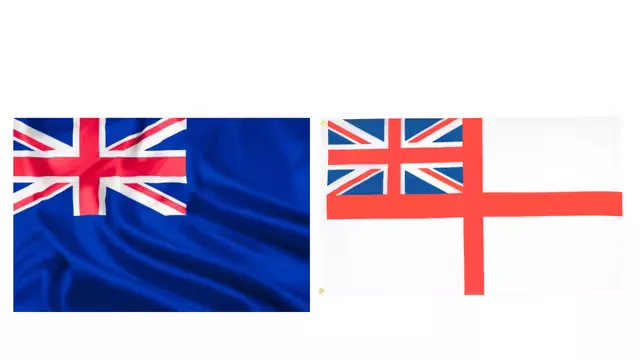
British West Africa (1870): A British Blue Ensign with a badge featuring an elephant, palm tree, sand, and green mountains is adopted for the region that includes Nigeria.

Oil Rivers Colony (1884): Britain claims the Niger Delta, renaming it the Oil Rivers, and continues using the British Blue Ensign.
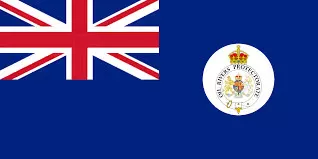
Royal Niger Company (1887-1888): This company controls parts of Nigeria and uses a flag based on the British White Ensign with a unique badge. They later switch to a blue ensign with the same badge.
Niger Coast Protectorate (1893): The Oil Rivers Protectorate gets a new name, but the British Blue Ensign remains the flag.
1900s:
Nigeria Split (1900):The country is divided into north and south, each using a variation of the British Blue Ensign: the North keeps the blue ensign, and the South uses a green circle on a white background.
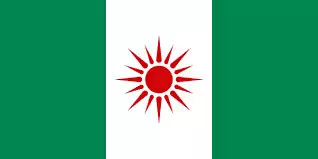
Unified Colony (1914): Nigeria becomes a unified British colony, and the British Blue Ensign returns as the sole flag.
Independence (1960): Nigeria gains independence and adopts its current green-white-green tricolour flag, designed by Michael Taiwo Akinkunmi. This new flag symbolised wealth (green) and peace (white).




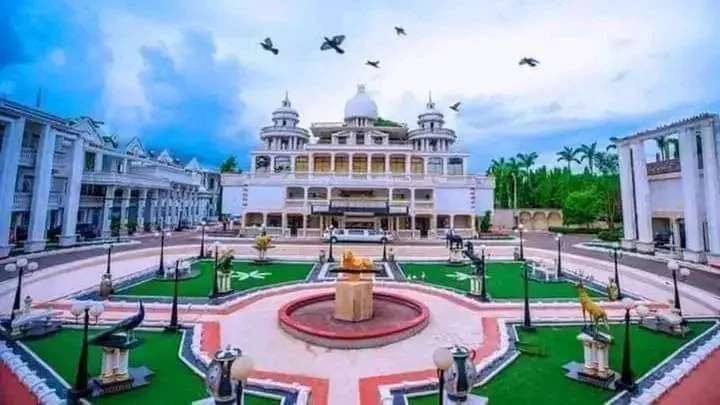
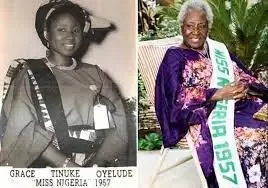








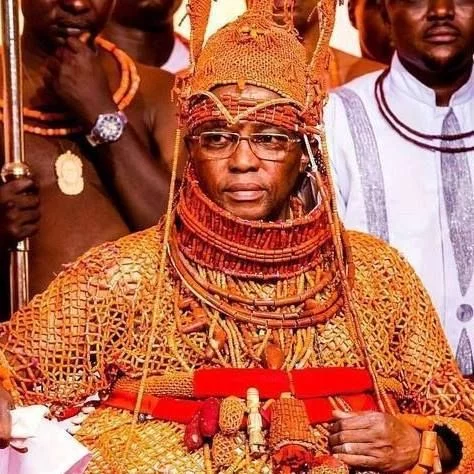


Comments